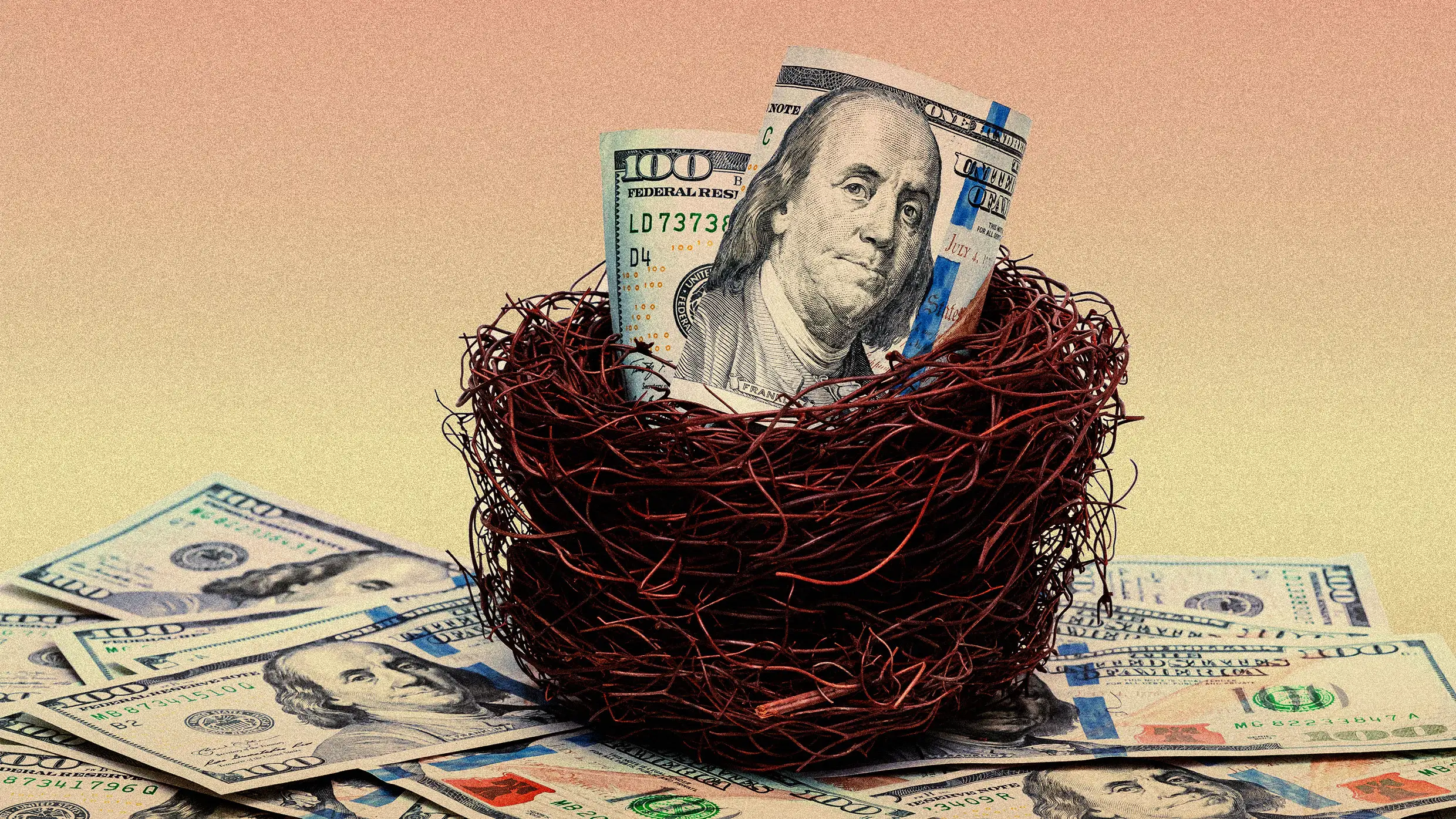
"Tax-sheltered retirement plans offer the convenience of automatic investments and tax breaks-pretax contributions and tax-deferred compounding for traditional 401(k)s and tax-free compounding and withdrawals for Roth contributions. But the availability and quality of the 401(k) are also important considerations. Some workers don't have access to an employer-provided retirement plan, and 401(k) quality can be uneven. High administrative costs, meager employer matching contributions, and costly investment lineups can detract from 401(k)s' tax-saving features."
"Meanwhile, the tax efficiency for investors' nonretirement accounts has improved over the years. Broad market equity exchange-traded funds have dramatically reduced the tax drag for taxable accountholders, effectively simulating the tax deferral that comes with investing in a 401(k). And many robo-advisors use other techniques to reduce the tax drag on investors' taxable accounts-specifically, selling losing positions to offset gainers elsewhere in investors' portfolios. That can reduce the capital gains taxes on positions when they're eventually liquidated."
Tax-sheltered retirement plans provide automatic investing and tax advantages: pretax contributions and tax-deferred compounding for traditional 401(k)s, and tax-free compounding and withdrawals for Roth contributions. Employer-plan access and plan quality vary, and high administrative fees, weak employer matches, and limited investment lineups can reduce 401(k) benefits. Taxable-account tax efficiency has improved through broad-market ETFs and robo-advisor techniques like tax-loss harvesting, lowering capital-gains drag. Investors should at least contribute enough to employer plans to receive matching contributions. When a 401(k) is weak, funding an IRA is generally preferable before directing extra retirement dollars to a poor 401(k).
Read at Fast Company
Unable to calculate read time
Collection
[
|
...
]